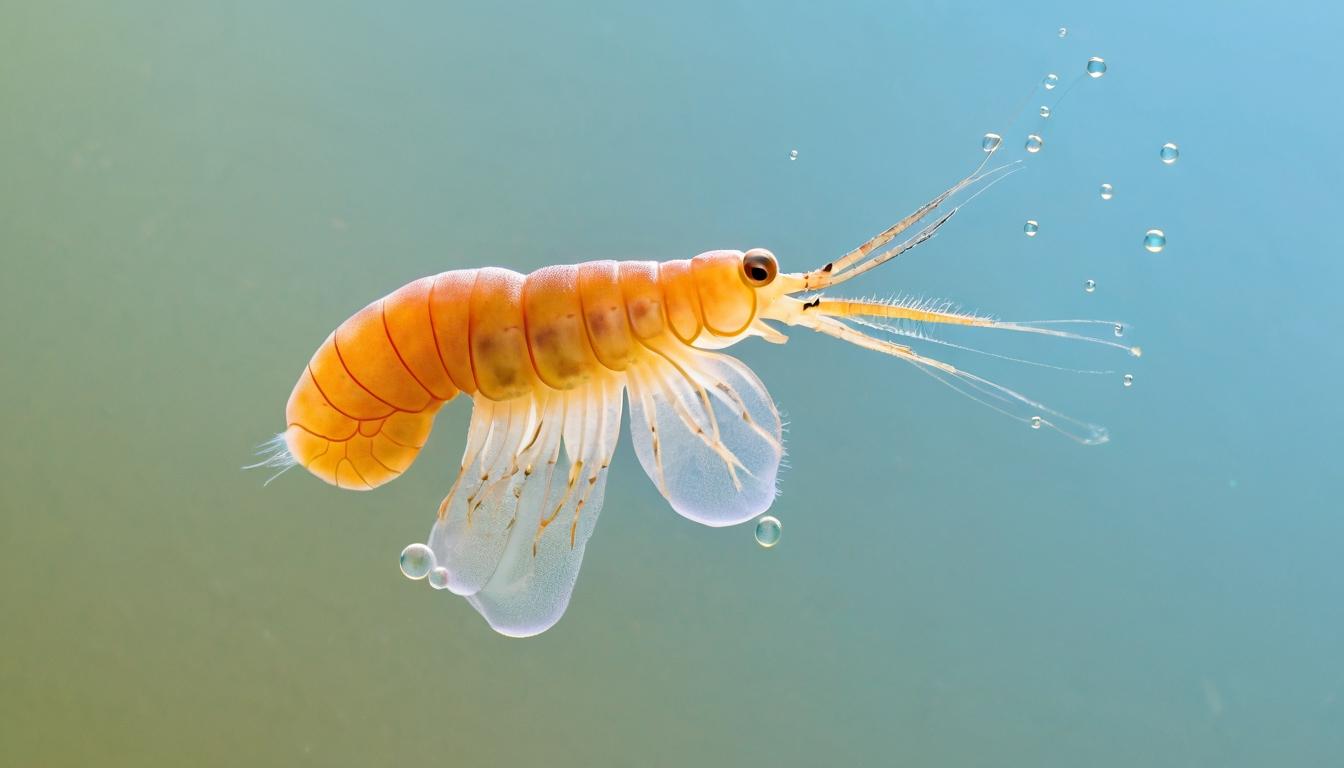In the quiet corners of our planet, nature has been conducting evolutionary experiments that would make even the most imaginative science fiction writer blush. While we humans marvel at our technological achievements, animals have been quietly perfecting abilities that defy our understanding of physics, biology, and even common sense.
Consider the humble tardigrade, a microscopic creature that looks like a cross between a caterpillar and a gummy bear. These water bears, as they're affectionately called, can survive temperatures ranging from absolute zero to 300 degrees Fahrenheit. They've been shot into space, exposed to radiation levels that would vaporize most organisms, and even revived after being frozen for decades. Scientists are still unraveling the secrets of their indestructibility, which involves a unique protein that forms a protective glass-like shield around their cells when they dehydrate.
Then there's the pistol shrimp, a creature that packs one of the most powerful punches in the animal kingdom. By snapping its oversized claw shut at speeds approaching 60 miles per hour, it creates cavitation bubbles that collapse with such force they momentarily reach temperatures hotter than the surface of the sun. The resulting shockwave stuns or kills its prey, making this tiny crustacean one of nature's most efficient underwater hunters.
Birds have their own remarkable adaptations that continue to baffle researchers. The bar-tailed godwit makes the longest non-stop migration of any bird, flying 7,000 miles from Alaska to New Zealand without resting, eating, or drinking. How does it navigate across featureless ocean for eight days straight? Scientists believe these birds may use a combination of magnetic field detection, star navigation, and even smell to find their way across vast distances.
Even more astonishing is the arctic tern, which logs more air miles than any other creature on Earth. Over its 30-year lifespan, this small bird travels the equivalent of three round trips to the moon, following the summer season between Arctic and Antarctic regions. Their secret lies in catching prevailing winds and using them like aerial highways, conserving energy while covering mind-boggling distances.
Marine creatures have evolved equally incredible survival strategies. The mimic octopus doesn't just change color like its cephalopod cousins—it actively impersonates other dangerous sea creatures. By contorting its body and altering its movement patterns, it can convincingly mimic sea snakes, lionfish, and flatfish, choosing which persona to adopt based on which predator is threatening it at that moment.
On land, the African spiny mouse has developed a regeneration ability that would make Wolverine jealous. When attacked by predators, its skin literally tears away cleanly, allowing the mouse to escape while the predator is left with nothing but a mouthful of fur and skin. Within days, the mouse regenerates not just skin, but hair follicles, sweat glands, and even cartilage—a capability mammals supposedly lost millions of years ago.
Perhaps most mysteriously, certain species of birds can see magnetic fields. European robins and other migratory birds have cryptochrome proteins in their eyes that may allow them to literally see the Earth's magnetic lines as patterns of light and dark. This built-in compass helps them navigate with precision that puts our GPS systems to shame.
Even common animals we see every day harbor extraordinary abilities. Squirrels, for instance, practice 'deceptive caching'—they'll pretend to bury nuts in empty holes to throw off potential thieves who might be watching. Studies show they're more likely to perform these fake burials when they know other squirrels are observing them.
The natural world remains full of mysteries that challenge our understanding of what's possible. As technology advances, we're only beginning to scratch the surface of these biological marvels. Each discovery not only expands our knowledge of the animal kingdom but often provides insights that lead to medical breakthroughs, engineering innovations, and new perspectives on the limits of life itself.
The hidden world of animal superpowers you never knew existed

